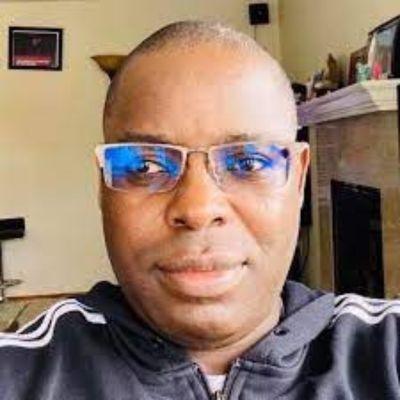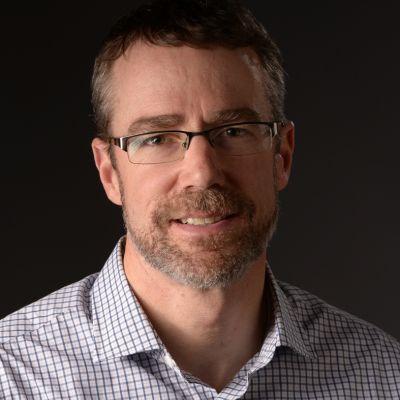Every year, the University of Washington Department of Biostatistics offers students in the Master of Science Capstone Program the option to be paired with a professional mentor, a relationship that provides valuable career advice to students and the opportunity to establish a connection with someone outside academia.
“Being paired with a mentor has been very successful for students,” said Minh Vo, associate director of student services in the department. “The insights they gain from discussions with practicing professionals complements what students learn in their academic program and better prepares them for careers after graduation.”
UW Biostatistics alumni and other professionals who volunteer for the department’s professional mentor program come from a wide range of data driven industries in both the public and private sectors.
We caught up with two alumni who served as mentors this year to find out what they enjoyed most about being a mentor.
Frankline Onchiri volunteers in appreciation of the amazing mentors he had during his time as a student and throughout his career.

Onchiri, manager of biostatisticians at Seattle Children’s Therapeutics Development Network Coordinating Center, is a UW School of Public Health alum having earned his Master of Science in Biostatistics in 2007 and a PhD in Epidemiology in 2014.
“The support and encouragement mentors provide can be a life-changer for someone,” said Onchiri. “Serving as a mentor is a great way to learn from others and pay it forward. Helping to grow a mentee's confidence and self-esteem can be very rewarding.”
“Being a mentor is a great opportunity to help develop the skills of the next generation of statisticians. The caliber of students in the UW Biostat program is top notch and that means the mentoring relationship becomes mutually beneficial in the sense that both mentor and mentee gain new perspectives. Importantly, it is the best opportunity to pay forward the great mentorship we have all received that got us where we currently are in our professional careers.” - Frankline Onchiri
Brett Hanscom, who earned his PhD in Biostatistics at UW in 2007, was compelled to volunteer in support of students who aspire to work in medical statistics.

“I had a great experience with the UW Biostat program and mentoring was a way I could support the program,” said Hanscom. “I really enjoyed watching my student progress through the program and ultimately find an attractive job.”
Hanscom is currently a senior staff scientist in the Vaccine and Infectious Disease Division in the Fred Hutch Cancer Center.
In addition to the satisfaction of helping students gain confidence and navigate a career path, both Onchiri and Hanscom said mentoring benefitted them professionally.
“Through mentorship I find meaning and purpose. It helps me grow in my professional career and provides an opportunity for me to continue honing my communication and interaction skills with people from diverse backgrounds,” said Onchiri.
“I gained a new friend! It has also been nice to stay in touch with the UW program and be up to speed on the current curriculum,” said Hanscom, who also found value in connecting with other mentors who might be former classmates or colleagues.
Interested in volunteering as a mentor? Learn more about the UW Biostatistics Professional Mentor Program.